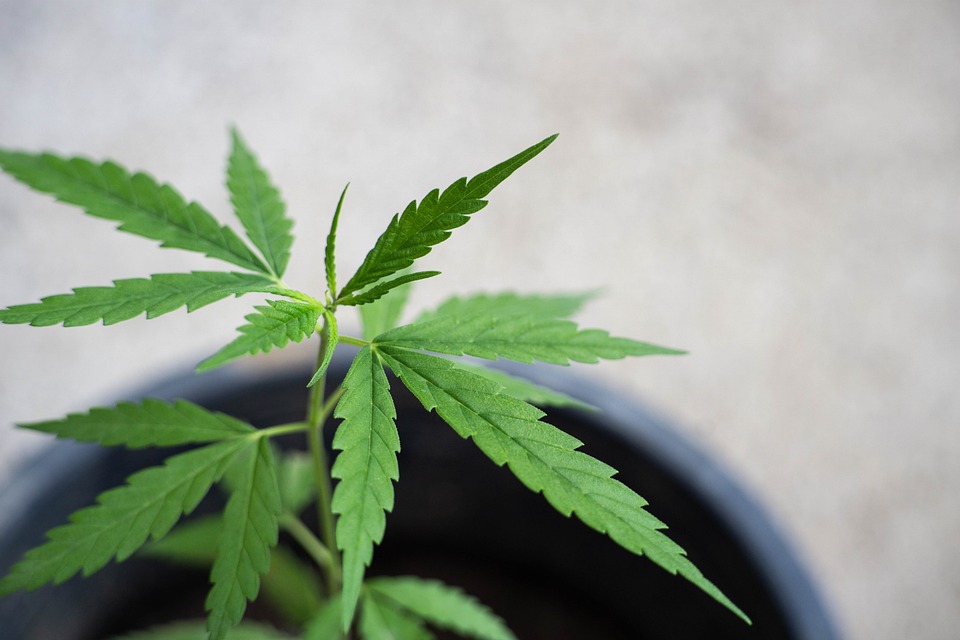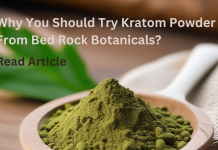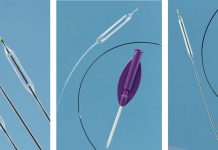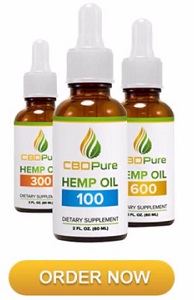The dreaded “munchies” are one of the most well-known adverse effects of cannabis consumption. THC in cannabis has been shown to boost hunger and appetites for sweet and salty foods.
Given the strong link with CBD oil, one may expect CBD to have a similar effect on hunger. Many CBD users are understandably concerned about whether CBD may boost their appetite and contribute to weight gain.
Some marketers have also offered customers optimism that CBD may help them lose weight by decreasing hunger.
We do not yet have conclusive evidence that CBD affects appetite. However, we know that some individuals experience an increase in hunger, while others experience a reduction, yet others have no change.
Here is a little more about CBD and what to expect when you buy them from SmokeA.
CBD and Appetite: Quick Facts
- There is no conclusive evidence that CBD affects appetite.
- THC at high dosages may increase ghrelin levels, the hunger hormone.
- There is no proof that the quantity of THC in CBD oil has the same impact.
- CBD may enhance, reduce, or have no effect on appetite.
- CB1 receptors are being studied to determine how they affect hunger.
What are THC and CBD?
Before getting into the specifics of CBD and hunger, we must understand the distinctions between CBD, CBD oil, and THC. THC and CBD are cannabinoids derived from the cannabis plant.
CBD molecule vs. THC molecule
THC is the psychoactive component of cannabis. Recreational cannabis users smoke, vaporize, and ingest the plant’s flowers because the trichomes are strong in cannabinoids, with THC being the most attractive because of the “high” it produces.
CBD is another cannabinoid with a distinct effect on the body. It does not cause intoxication and is marketed as a dietary supplement to assist the endocannabinoid system.
CBD oil is a form of CBD product that consists of cannabinoids combined with a carrier oil. It may contain trace levels of THC, but not enough to get you high.
While CBD and THC are derived from the same plant, they are quite separate substances that interact with the body differently. While THC is known to affect hunger, CBD does not have the same effect.
Is CBD making you hungry?
Because of the relationship between cannabis and THC, some believe CBD supplements may make you hungry.
THC causes cannabis users to get hungry because it attaches to endocannabinoid receptor sites in the brain, which release appetite-stimulating hormones. When you are hungry, the brain produces ghrelin, which increases your appetite and motivates you to seek food.
THC, on the other hand, may cause the production of ghrelin even when the stomach is already full. It also produces ghrelin long after the individual has eaten enough to satisfy them.
THC also enhances dopamine production, which means you get greater pleasure from your meals. This is why cannabis users often seek comfort and high-calorie meals.
CBD is not known to have the same reaction. Therefore, there is no need to be concerned about getting the “munchies” while using CBD oil or comparable products.
CBD can only cause hunger if it contains unlawful quantities of THC, so check the certificate of analysis to ensure your product is legal.
Is CBD going to make me gain weight?
There is no evidence that CBD will make you hungry or stimulate your appetite. Thus, there is no reason to believe that CBD will cause you to gain weight.
You may gain weight if you combine CBD with high-calorie meals and eat them in addition to your regular diet. This is not due to the CBD content but because you are ingesting more calories.
Is CBD an appetite suppressant?
On the other hand, there is some suspicion that CBD may inhibit your appetite. CBD is known to be an antagonist for CB1 receptors, which implies it may suppress some processes, including ghrelin secretion.
However, no data support this, and CBD is not a suggested medication for appetite management.
The significance of CB1 receptors in appetite regulation has previously been investigated, although with little success. Clinical trials for a medication named Rimonabant were halted in November 2008 owing to neuropsychiatric side effects. In brief, it was associated with increased depression, anxiety, and suicide ideation.
Rimonabant is not a CBD-based drug but a selective CB1 receptor antagonist, preventing signals from being sent to specific receptors. The researchers wanted to know whether inhibiting the endocannabinoid system might be used to treat obesity.
Because of the negative side effects, the clinical studies were halted. We still don’t know much about the endocannabinoid system and how it affects the body. However, there is no reason to expect CBD to have the same impact as this drug.
Could CBD assist me in losing weight?
Although CBD may assist in promoting healthy lifestyle changes that will enable you to lose weight, it should not be used as a weight-loss strategy.
There is little data to show that CBD may help you lose weight, but it can aid your body in other ways. If you’re making significant lifestyle changes, your body will need all the help it can get, and CBD may be an excellent supplement to your daily routine.
CBD may help your endocannabinoid system work more effectively, allowing your body to retain balance or homeostasis.
Conclusion
The issue of CBD and its effect on appetite is best left to the experts. We don’t have enough evidence to say if CBD affects appetite or how it could be utilized.
While we may be sure of THC’s involvement in appetite stimulation, we have yet to determine whether CBD might be employed as an appetite stimulant or suppressant. Pay attention to how CBD makes you feel so that you can change your serving amount and schedule appropriately.
Keep a CBD journal to understand better how it interacts with your body and to modify the serving amount as needed. However, be skeptical of any CBD vendor claiming their product can help you lose weight or boost your appetite. These assertions are not legal, and you should be wary of any manufacturer that makes them.
















